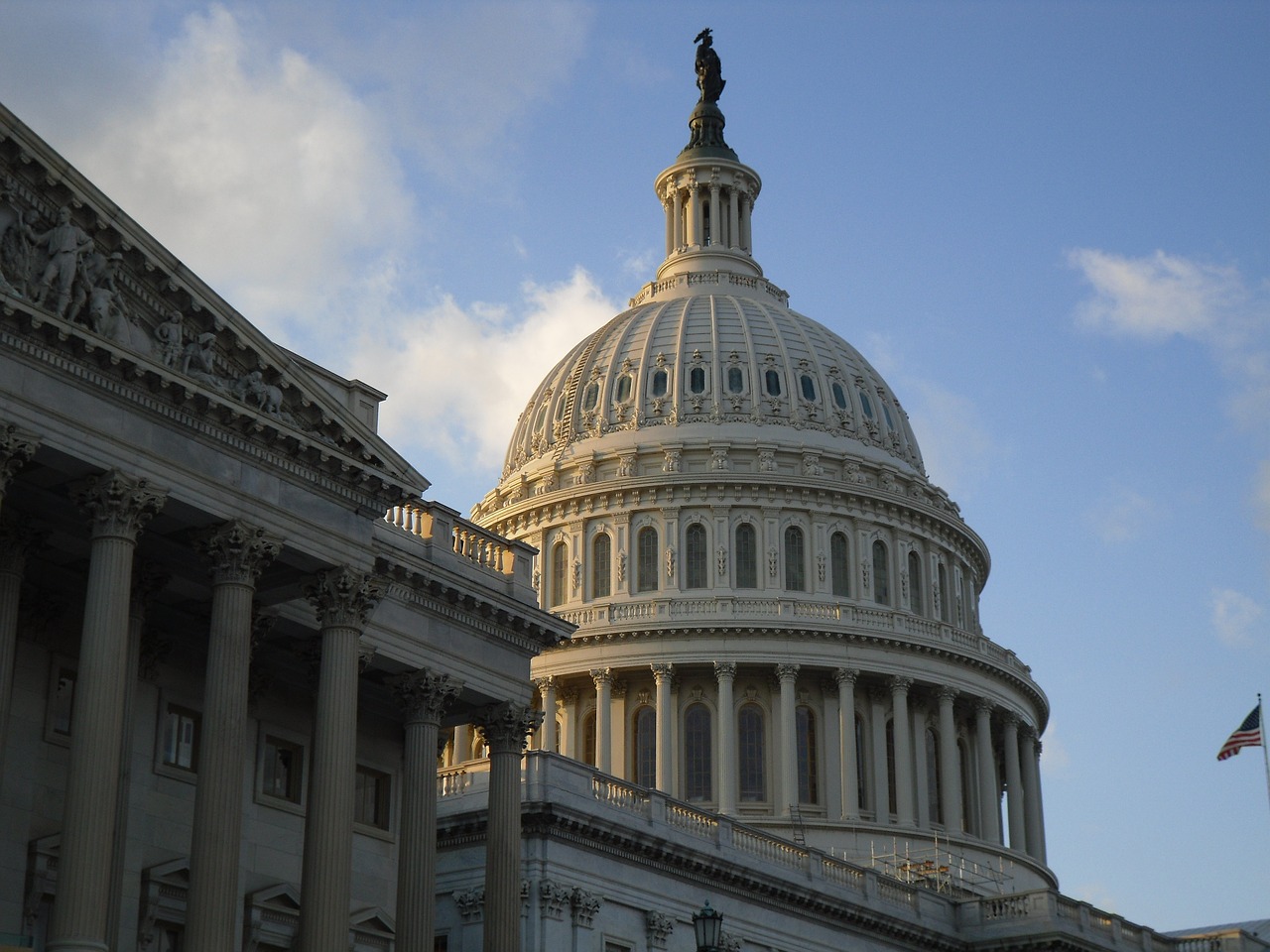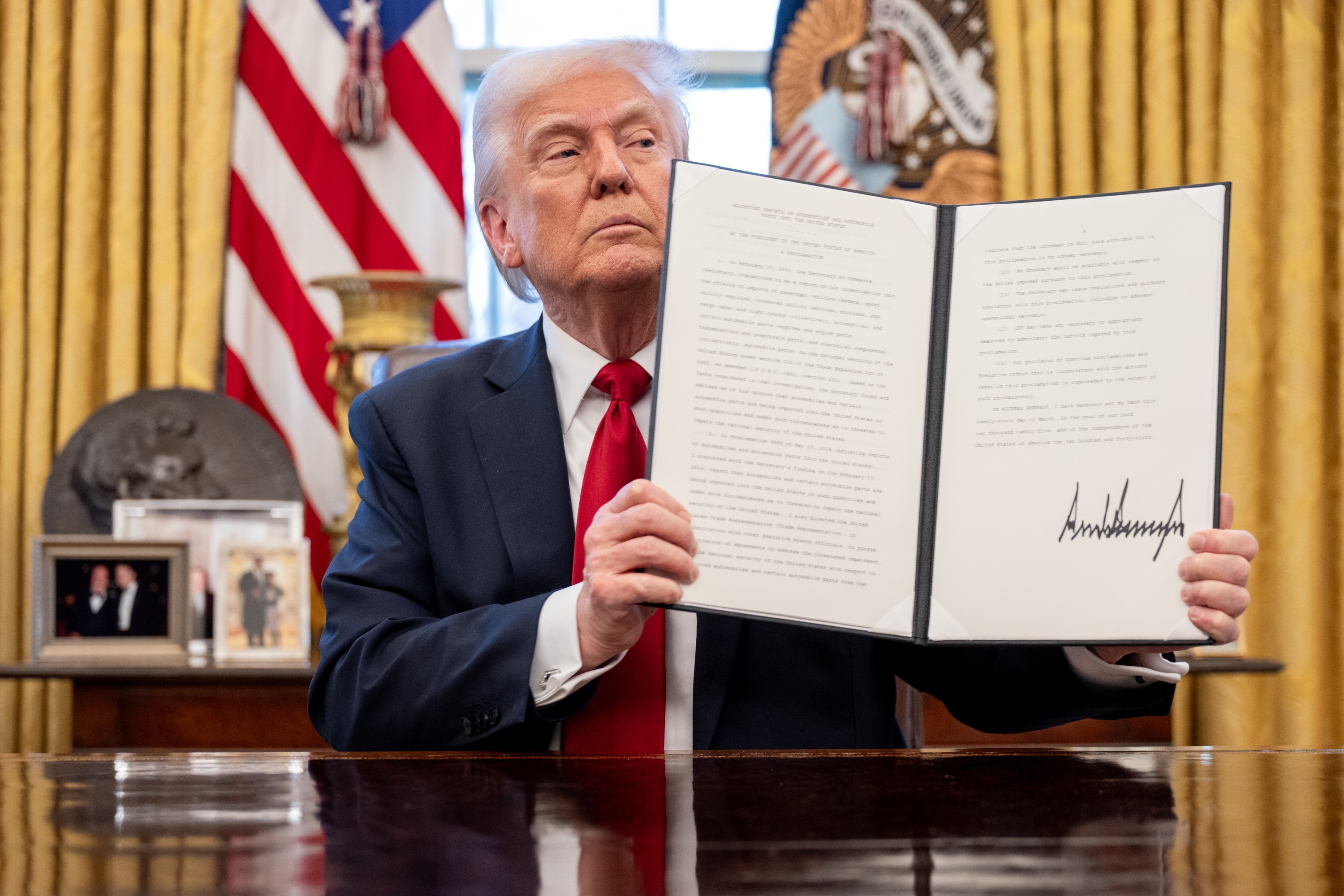Today’s Headlines and Commentary
Lawfare’s daily roundup of national security news and opinion.
An advisory panel for the Food and Drug Administration (FDA) met today to decide whether to approve the new Pfizer-BioNTech coronavirus vaccine. In a public hearing broadcast to thousands of viewers, officials were overwhelmingly positive in their discussion of the vaccine, writes the Associated Press. “Nothing that I see would delay an emergency use authorization,” testified Dr. William Moss of John Hopkins University’s International Vaccine Access Center. The FDA is likely to follow the panel’s advice in the coming days by endorsing the new vaccine, which could be available for certain Americans within days of its approval.
More than 40 states and the Federal Trade Commission (FTC) announced a lawsuit against Facebook yesterday, arguing that the social media company is an illegal monopoly that must be broken up. In a deep-dive, the New York Times explains that similar antitrust lawsuits have faced challenges in the past. The Facebook suit faces a particular challenge in meeting the standards of proof required for a successful antitrust suit. According to a former chair of the FTC, the last major antitrust suit that forced divestitures was against AT&T in 1984.
Yesterday, Texas Attorney General Ken Paxton, joined by 17 other Republican state attorneys general, filed a lawsuit asking the Supreme Court to invalidate millions of ballots from the presidential election. CNN explains that President Trump filed a request to join the lawsuit yesterday. Lawfare contributing editor Steve Vladeck noted, “In a nutshell the President is asking the Supreme Court to exercise its rarest form of jurisdiction to effectively overturn the entire presidential election.”
The U.S. military is on alert for the potential of anIranian attack in the Middle East, writes Politico. The Pentagon announced today that it flew two B-52 bombers to the region to “deter aggression.” Speaking on condition of anonymity, one military official said that the U.S. government fears Iran will take advantage of the presidential transition, U.S. troop withdrawals from Iraq and the anniversary of Iranian Gen. Quassim Soleimani’s killing. "We do not seek conflict," said Central Command chief Gen. Frank McKenzie, "but we must remain postured and committed to respond to any contingency or in opposition to any aggression."
Lebanese Prime Minister Hassan Diab and three other former ministers were charged with criminal neglect today for this summer’s explosion at a port in Beirut, reports CNN. More than 204 people were killed, thousands were injured and many more were displaced when an apparent ammonium nitrate storage facility in a portside warehouse detonated. Over the past few years, the Lebanese government failed to take action several times after receiving warnings about the explosives.
A little more than a week ago, Boko Haram slaughtered 70 Nigerian farmers for allegedly reporting members of the militant group to local authorities. The farmers supposedly had established a deal with the militant group that as long as they did not report the group’s presence to the authorities, they could farm in peace. The New York Times wrote about the aftermath of the massacre. “We are accused of being collaborators by both the security operatives and the insurgents, when all we did was” look for peace, one village elder told the Times.
President-elect Joe Biden has selected Denis McDonough, a former chief of staff in the Obama administration, to lead the Department of Veterans Affairs, reports the Washington Post. Former National Security Adviser Susan Rice was also chosen to run the White House Domestic Policy Council today.
According to CBS news, a new letter from the chair of the House committee overseeing the federal response to COVID-19 pandemic alleges that Centers for Disease Control and Prevention (CDC) Director Robert R. Redfield ordered his staff to delete an email from a White House official asking the CDC to alter a scientific report for political purposes. "I write today to express my serious concern about what may be deliberate efforts by the Trump Administration to conceal and destroy evidence that senior political appointees interfered with career officials' response to the coronavirus crisis," wrote Rep. Jim Clyburn, the House Subcommittee on the Coronavirus Crisis chair.
Israel and Morocco have agreed to normalize relations, reports Deutsche Welle. Morocco has become the fourth Middle Eastern state to recognize Israel in the past few months, following the United Arab Emirates, Sudan and Bahrain. Shortly after the historic deal was announced, President Trump tweeted that the U.S. respects the sovereignty of the disputed Western Sahara region within Morocco, causing a United Nations spokesman to add its position on Western Sahara is “unchanged.”
ICYMI: Yesterday on Lawfare
Jen Patja Howell shared an episode of Rational Security called “The ‘Stocking the Cabinet’ Edition.” Benjamin Wittes, Tamara Cofman Wittes, Susan Hennessey and Shane Harris talked about the latest news in the presidential transition.
Howell also shared an episode of The Lawfare Podcast entitled “General Austin as Secretary of Defense.” Benjamin Wittes sat down with Brookings senior fellow Mike O'Hanlon, a defense policy analyst, and Kori Schake, the head of defense and foreign policy at the American Enterprise Institute, to discuss why people are upset about President-elect Biden’s pick for Defense Secretary.
Lester Munson shared an episode of the Fault Lines podcast entitled “Who Writes Tech Standards—Government or Private Sector?” He spoke with Megan Brown, a senior fellow at NSI, about her forthcoming paper on the U.S.’s role in setting global technical standards for 5G networks.
Deniz Yuksel argued that Silicon Valley should not let the Turkish government censor its citizens on social media platforms.
Jeremy Gordon explained which rules apply to government records during a presidential transition. He also described the ignoble history of presidents destroying records they wish to keep private.
Jordan Schneider shared an episode of the ChinaTalk podcast entitled “Blockchain Chicken Farm: How Tech Changed Rural China.” He interviewed Xiaowei Wang about her new book on technology in China’s countryside.
Tia Sewell shared the livestream of yesterday’s House Foreign Affairs committee hearing on U.S. policy in Syria.
Sewell also shared the livestream of the Senate Commerce committee’s hearing on the future of transatlantic data flows.
Robert Chesney and Steve Vladeck shared an episode of the National Security Law Podcast entitled “Jumping the Kraken!” They debated the latest Supreme Court rulings, as well as whether the president can compel Pfizer to prioritize the U.S. for vaccine doses.
Carrie Cordero and Katrina Mulligan suggested how the U.S. can modernize the Department of Homeland Security.
Email the Roundup Team noteworthy law and security-related articles to include, and follow us on Twitter and Facebook for additional commentary on these issues. Sign up to receive Lawfare in your inbox. Visit our Events Calendar to learn about upcoming national security events, and check out relevant job openings on our Job Board.








